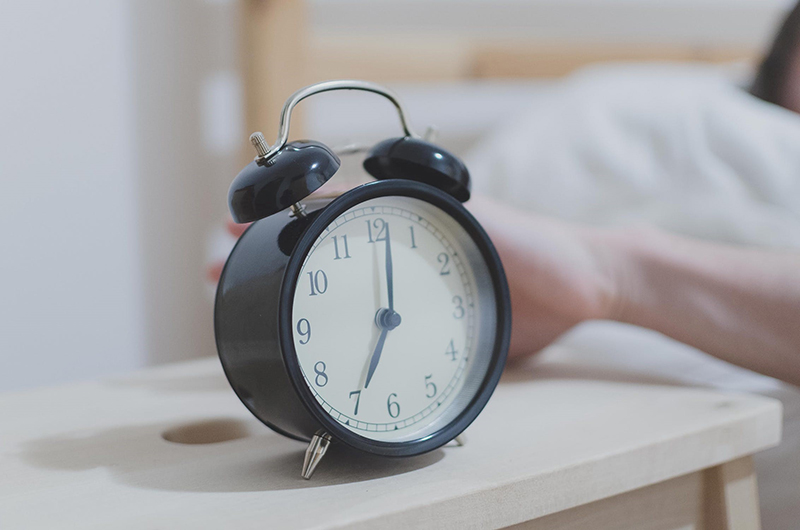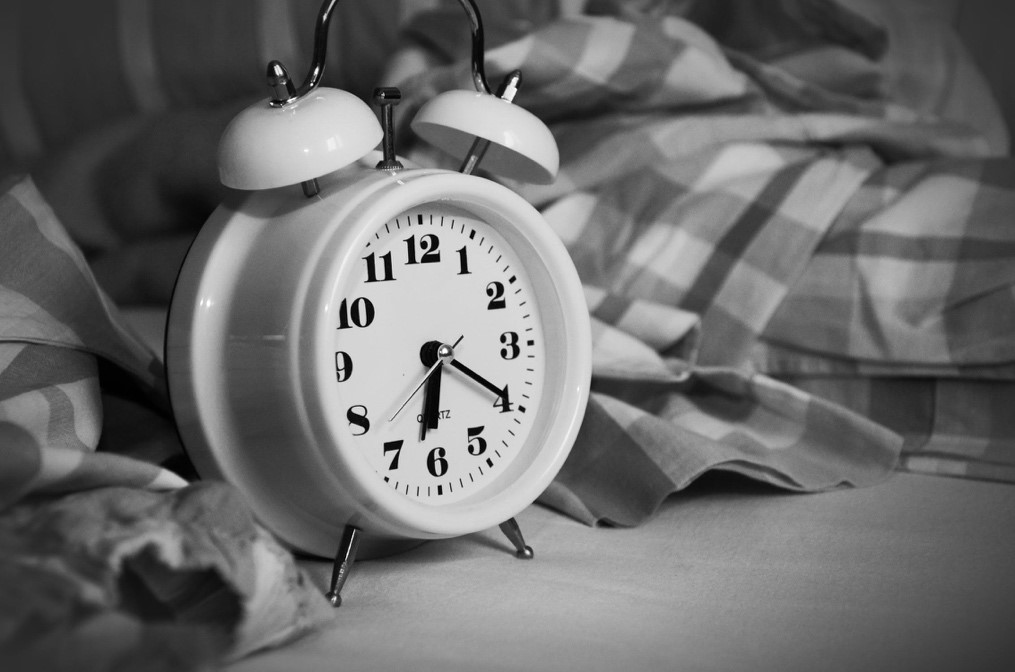It’s an infomercial that touts everybody’s perfect diet fix – “Lose Weight While You Sleep!” Unfortunately, it’s not that easy. However, sleep does affect our efforts to lose weight and to maintain our ideal weight. Here’s how…
•The lack of sleep causes reduced activity in the frontal lobe of your brain. This is the area of the brain that deals with impulse control and decision-making. Not only do you have a tendency to make poor eating choices, but you also tend to make poor decisions about your actions in general.
•When you have not had enough sleep and are overly tired, your brain goes into “make me feel good” mode. As a result, you tend to choose high-calorie junk or comfort foods.
•Two hunger and fullness hormones, ghrelin, and leptin are adversely affected when you have insufficient sleep. Ghrelin lets the brain know when you are hungry. Leptin lets the brain know when you are full. Sleep deprivation causes the body to make more ghrelin and to make less leptin. The brain thinks that it’s time to eat, even when it isn’t.
•Cortisol is a stress hormone that lets your body know when you need to save food energy as a fuel reserve. A lack of sleep causes sharp increases in its production. The result is that your body holds on to fat because it falsely thinks it needs to.
•Insulin is a hormone that is needed to change sugar, starches, and other food into energy. Insulin production is higher when you are sleep deprived and therefore, the body stores more unnecessary fat.
To add insult to injury, the lack of sleep that causes you to gain fat and calories will more than likely make you too tired to participate in activities that burn the very same unwelcome fat and calories. It’s a vicious cycle!
Most of us need seven to nine hours of quality sleep. Practicing proper sleep hygiene will go a long way toward making sure that your “beauty sleep” is sufficient enough to help your body function in such a way that you do not add extra pounds. Dr. Peter Nassar and the professionals at Jacksonville Sleep Center are ready to help you develop a “sleep diet” that will accomplish just that!






